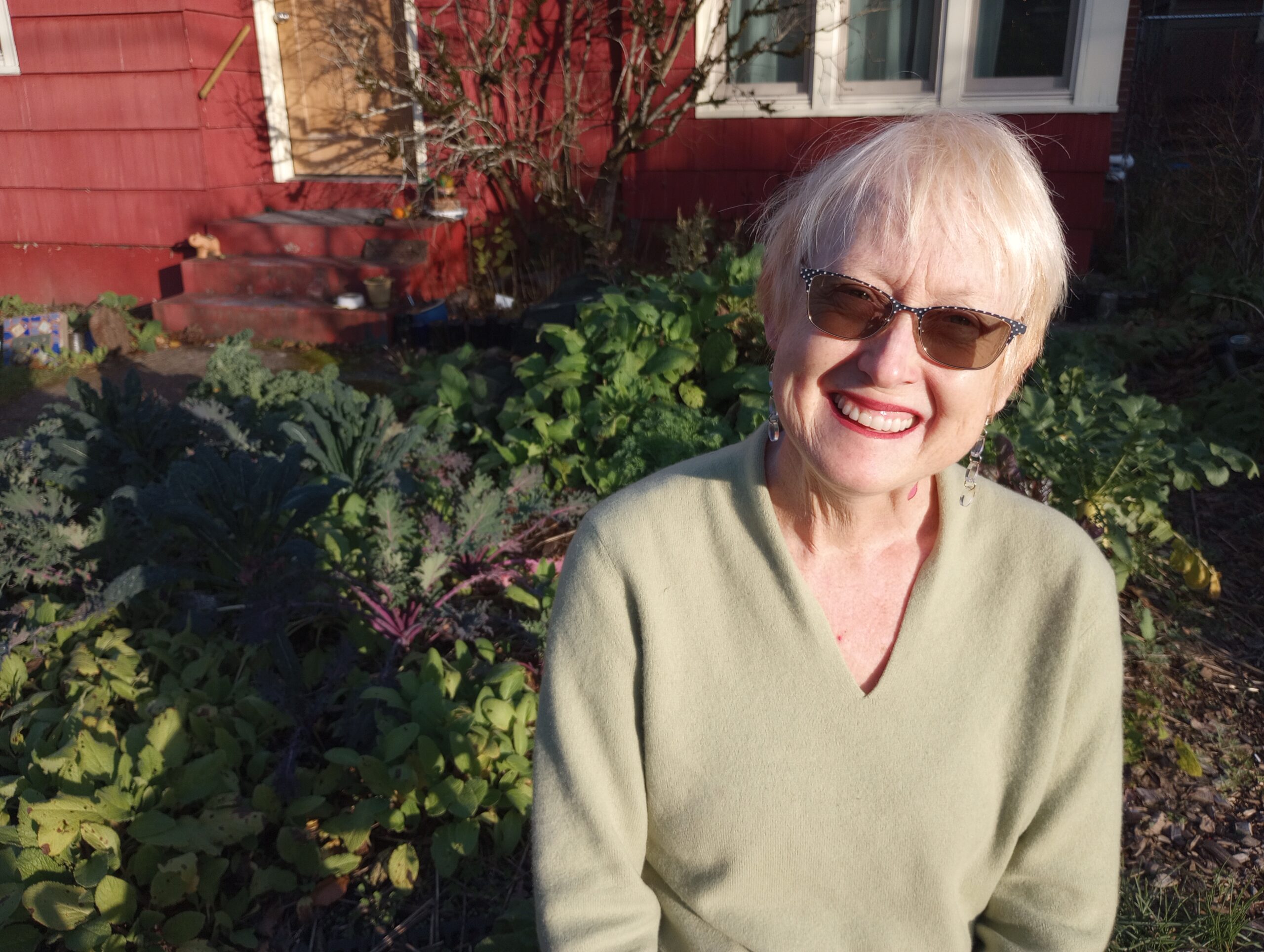

January 2024
My name is Jennifer, I’m a cancer survivor, an artist, an avid sender of postcards and letters, and apparently, I’m special.
When I was diagnosed with stage 4 ovarian cancer in June of 2019, I had 7 liters of ascites fluid drained from my abdomen. Surgery was scheduled for 12 days later. Six days later, they had to drain six more liters. That was the first time my gynecologic oncologist called me special. Rather than one or two big tumors, I had over a hundred tiny tumorettes. It took over seven hours to remove them all by slowly feeling the surface of all my organs and nicking them off one by one—a “special” procedure, I was told.
After my first chemotherapy treatment, my neutrophils sank so low that I couldn’t take my second treatment. The fix was to have a $1000 injection of a neutrophil-boosting drug a few days before each treatment. That was the second time my doctor called me special.
One month before the end of chemo, an oral drug developed for other cancers, Niraparib (Zejula), had just received FDA approval for use as a maintenance drug for ovarian cancer survivors. I happily started that despite the fact that it is also a drug and could offer similarly lousy side effects as regular chemo. To everyone’s surprise, a month into taking it, I went to the ED three times in eight days with a blood pressure of 260/140! It was the highest BP the nurses had ever seen.
I got a phone call from my oncologist’s PA on a Saturday morning. She had sent her kids to play at a friend’s house so that she could try to figure out why that had happened to me. It turned out that the drug went haywire when I ate grapefruit, which was mentioned on page 28 of the clinical trials. She spent her time off trying to figure that out because, as she said, “Jennifer, what happened to you was just so unusual that I had to get to the bottom of it.”
In April of 2022, like so many people, I got Covid for the first time. Being considered immunocompromised, I was given the brand-new drug Paxlovid. After two days, I was very faint, and my vision was darkening around the edges. I went to the emergency department with a blood pressure of 95/66. Many tests were done, and the doctor admitted that they had no idea why my blood pressure would be so low. Paxlovid had the known side effect of causing a spike in blood pressure, but I was experiencing the opposite. He told me I should stop taking it but that they would definitely tell the FDA about me because I was experiencing something “special.”
I stayed on the Niraparib for two and a half years, with my only surveillance being monthly CA 125 tests. One night, while thinking the doomiest of thoughts, as one does, it occurred to me that a CA125 would be insufficient because if the cancer returned in my brain or in my bones, that test would not detect it. I mentioned this to the PA, and she said,” Don’t worry, if it came back in your bones, you would become famous, and doctors would flock to come see you because that never happens. As for your brain, don’t worry about it; that is so rare that it practically never occurs. This cancer returns in the abdomen over 90% of the time.”
Guess what?
This past June, I had my most special cancer experience yet. After losing feeling in my left hand, I took my first ambulance ride, and after a few scans, a 27mm tumor was found in the right parietal lobe of my brain. After a harrowing craniotomy, the tumor went for testing and was found to be genetically identical to my “tumorettes.” After a Gamma knife radiation following the surgery and plenty of physical, speech, and occupational therapies, I am doing well and focusing on gratitude.
What I have learned and love about the OCAOSW support meetings is that every woman afflicted with this illness is special. Every story is unique, with twists and turns, and no two cancer paths will take the same route. This is to be celebrated, as is each and every “special” woman and her journey.
With love,
Jennifer
